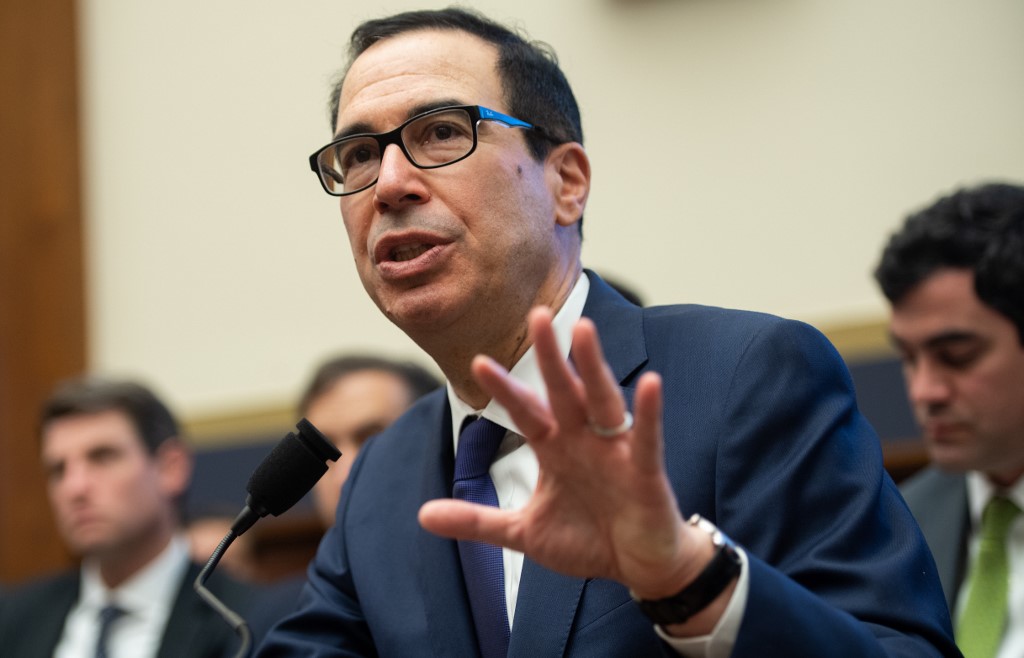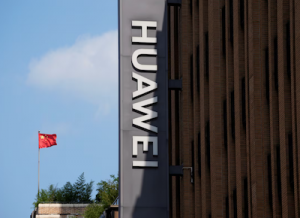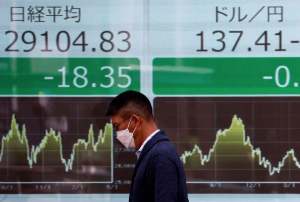(ATF) Hong Kong: Financial markets tumbled on Friday as an unprecedented spat between the US Treasury and the Federal Reserve over pandemic recovery funds hammered sentiment already shaken by the rising coronavirus infection count.
But mainland China and Hong Kong stocks edged up as the People’s Bank of China (PBoC) kept its policy rate steady for the seventh straight month signalling improved economic fundamentals.
US Treasury Secretary Steven Mnuchin told Fed Chairman Jerome Powell that he would not renew facilities set up to provide billions of dollars for pandemic-downturn relief. The funding channels are due to expire next month.
The Asia Eight: Daily must-reads from world’s most dynamic region
“I am requesting that the Federal Reserve return the unused funds to the Treasury,” Mnuchin wrote in a letter. “This will allow Congress to re-appropriate $455 billion, consisting of $429bn in excess Treasury funds for the Federal Reserve facilities and $26bn in unused Treasury direct loan funds.”
Japan’s Nikkei 225 index slipped 0.42%, Australia’s S&P ASX 200 dipped 0.12% and the regional MSCI Asia Pacific index was flat as the losses were offset by gains in Hong Kong’s Hang Seng index, which advanced 0.36% and China’s CSI300, which edged up 0.31%.
Much of the market’s fall was ascribed to the tensions in the US.
“The Fed, which has pledged to use all tools to boost the economy for as long as it takes, has been pushing to extend these programmes amidst the stalled fiscal stimulus bill,” said DBS economists in a report.
“Hence, this divide between the Treasury and the Fed risks undermining the unwavering faith that investors have placed on continuous policy support to help the economy weather the pandemic.”
Chinese stocks rose and the yuan gained after the PBOC’s decision.
“Given that the economy is now back on track and fiscal policy is set to remain supportive until at least the start of next year, the PBOC is shifting its focus away from supporting growth back towards addressing financial risks and moral hazard,” said Julian Evans-Pritchard, Senior China Economist, at Capital Economics.
Also on Asia Times Financial
- Chinese credits weather the storm
- Rise of EVs spells end of the oil era
- CSRC on a mission to delist ‘zombie enterprises’
- China’s top finance guns to sweep up Yongmei Coal default debacle
- Deflation rears its ugly head again in Japan
- Belt and Road projects still holding up, says China
- Pandemic, falling tariffs bring dimmer outlook for Adani Green
Asia Stocks
- Japan’s Nikkei 225 index slipped 0.42%
- Australia’s S&P ASX 200 dipped 0.12%
- Hong Kong’s Hang Seng index advanced 0.36%
- China’s CSI300 edged up 0.31%
- The MSCI Asia Pacific index rose 0.15%.
Stock of the day
BYD rose as much as 6% after the company called an EGM to increase shareholder deposit limits. “The shareholders’ deposits placed by the company with BYD Auto Finance will not only be beneficial to BYD Auto Finance for supporting its business development, but also be in favour of the company for receiving a higher rate of return on its own funds than investing as bank deposits for the same period,” it wrote in a circular.
























